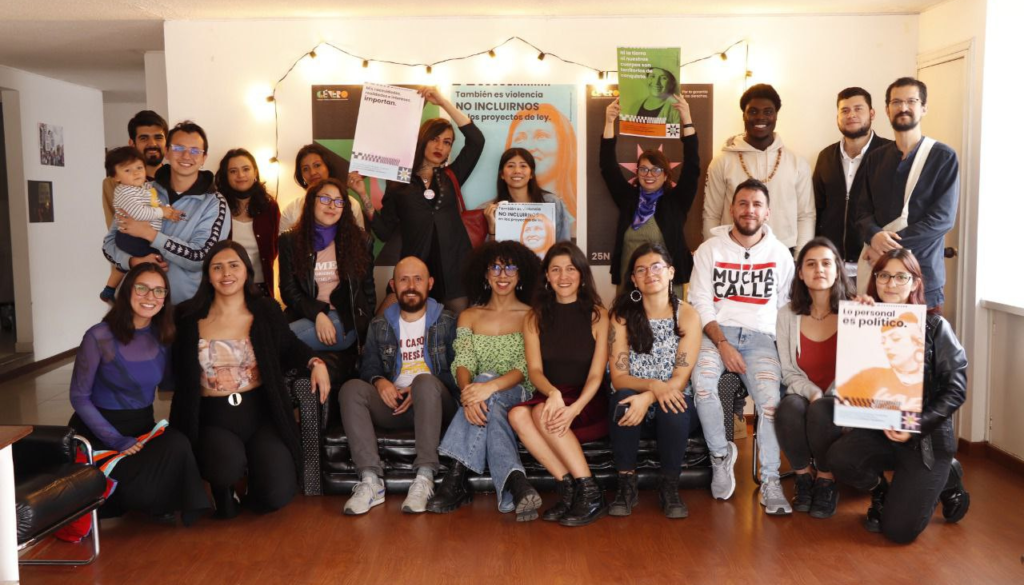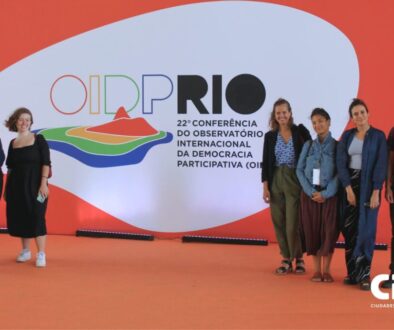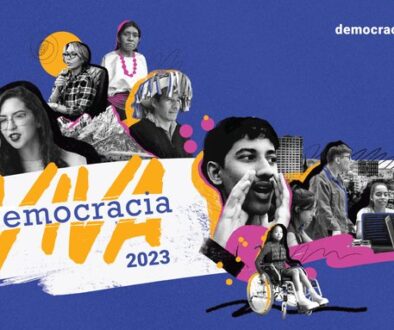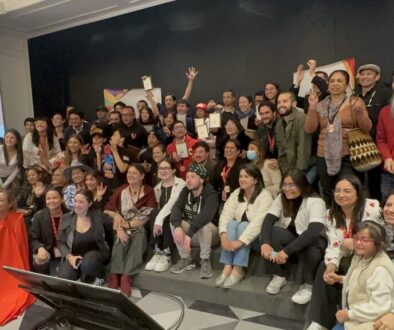Civic technology for the incorporation of gender perspective
Getting your Trinity Audio player ready... |
Last March 13,985 signatures were filed in the Senate of the Republic with the purpose of declaring a national emergency due to the increase in femicides and other violence against women. According to the Observatory of Feminicides in Colombia 619 women were murdered and in this year 2023 35 cases have been registered [1]. Although violence against women escalates more and more, the outlook for the LGBTIQ+ community, according to Caribe Afirmativo, in 2022, 62% of homicide and femicide cases reported in Colombia correspond to gay men and people with trans life experiences.
The high rates of violence against women and the LGBTIQ+ population in the country are alarming, undoubtedly one of the many challenges to be addressed by the new government. Let’s remember that Gustavo Petro committed himself during his campaign to the women’s agenda and gender equity. Some media have spoken of a rupture of Petro with the agenda of feminists and gender equity due to several allegations of sexual harassment to candidates of Colombia Humana (political movement of Gustavo Petro) and officials appointed in high positions, and the delay of institutional advances that make viable the gender agenda such as the creation of the Ministry of Equality; however, it is necessary to complexify this challenge that the Presidency and the entire institutional framework of our country have to face.
The immediate challenge facing the Petro administration is to prioritize and meet the demands of women and LGBTIQ+ people so that they have guarantees to life, health, housing, work, education, basic needs that constitute a dignified life. However, the challenge also involves the need to have an institutional framework that employs a gender perspective in a permanent manner in each of its actions. The need to mainstream the gender perspective in public policy, in legislation, in debates, in attention to citizens and in every action of our country’s institutions is an imminent necessity in order to guarantee the sustainability of the reforms required by our system. This urgent call for institutional transformation goes through changes in structure and in turn in a new mental model to understand and therefore understand how to mainstream the gender approach in institutional actions.
A couple of years ago, at Extituto, together with other organizations, we asked ourselves: how to achieve gender mainstreaming in these scenarios, we thought it was essential to start with those who have by popular mandate the obligation to watch over our interests and resources, through political control, those who have in their hands the approval of important reforms and plans for the country and who also have the capacity to legislate. Thus we built a first pilot of a gender toolkit, which began in the Council of Bogota, which for those who do not know how our politics operates, is like “the small congress of the capital city”. That first version (which was only focused on women) gave us some light on how to scale a toolkit designed for politicians and their teams so that the gender approach is included in their political actions in a cross-cutting manner.
The result of the collective work with the Netherlands Institute for Multiparty Democracy (NIMD) in Colombia, the District Women’s Secretariat, UN Women Colombia, Caribe Afirmativo and Temblores resulted in GÉNERO toolkit for gender mainstreaming, a platform that allows congressmen and councilors to approach the gender approach in a fast way and applied to a particular case. The objective of GÉNERO is that the work teams of congressmen and councilmen can verify if their bill or normative agreement is adequately incorporating the gender approach, with this change the LGBTIQ+ population was included in the design process. The tool consists of four steps and it is recommended that the work team fill it out, at the end of the test it indicates what is pending to be included and a recommendation on how to do it, in addition to suggesting resources to facilitate the incorporation of the approach.
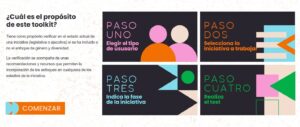
Last February we were socializing our tool in the House of Representatives, the reflections and interest on the part of the teams of congressmen, indicate that it is an instrument that more than answering questions, generates new ones and allows “falling into the account” of what was not possible before. We are on the right track! This tool is a contribution to strengthen institutional change, we hope to broaden its scope, strengthen its implementation and partner with more organizations to nurture this exercise. There are many ways in which technology and innovation as a mechanism to facilitate processes and collective work between institutions and civil society can contribute to the challenges of the country that today is in emergency.
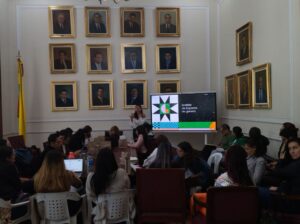
By Daniela Mendez and Maria Alejandra Victorino, part of Extituto de Política Abierta.

